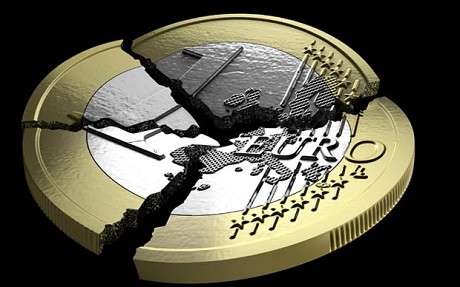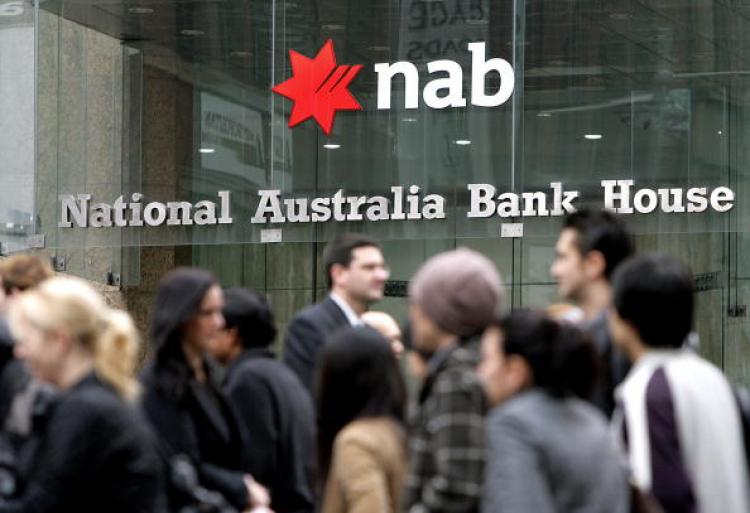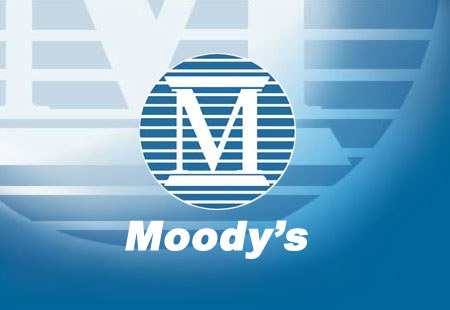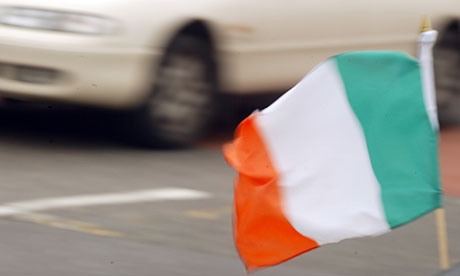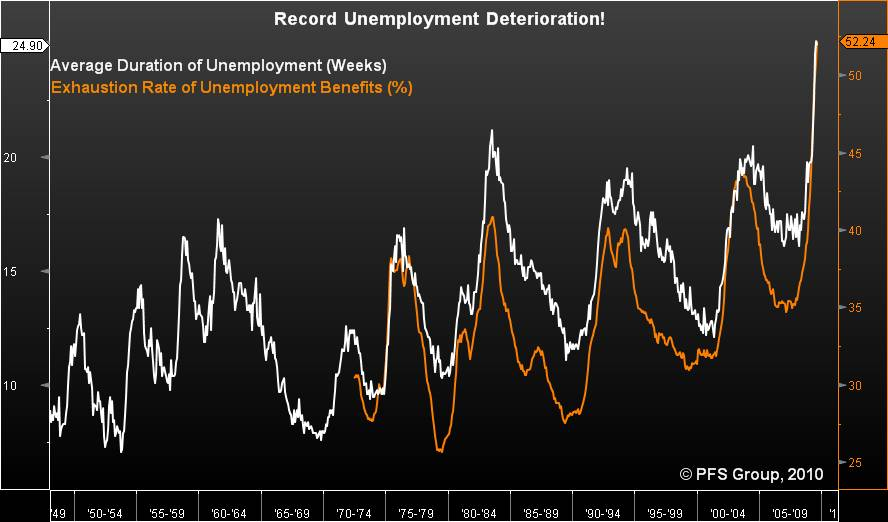
Ah, I see …
Moody’s tells governments to prepare for the people finally understanding that their puppet governments have looted the taxpayer to save corrupt banksters from their own intentional stupidity.
No matter how much losses the banksters have claimed, there is always a counterpart to those enormous losses and that counterpart made a lot of money.
Could it be that the banksters were corrupted to be that stupid by the prospect of huge bonuses?
Follow the money and find out who built this intelligent system of corruption.
The elite behind the scenes gained, the people believing that the financial system had to be saved lost and will continue to lose until there is nothing left.
– UK taxpayers face £2 trillion unfunded pensions liability, more than £80,000 for every household
– Moody’s: Top US And UK Debt Ratings May ‘Test The Aaa Boundaries’
– Treasury Pre-Budget Report Warning: UK ‘Faces Decades of Debt’
– Morgan Stanley: Britain risks sovereign debt crisis in 2010
– OECD warning: Britain risks ‘debt spiral’
The elite laughs at the people every day!
Britain and other countries with fast-rising government debts must steel themselves for a year in which “social and political cohesiveness” is tested, Moody’s warned.

Riot police clash with protestors during an anti G20 demonstration near the Bank of England. Moody’s has warned future tax rises and spending cuts could trigger more social unrest.
In a sombre report on the outlook for next year, the credit rating agency raised the prospect that future tax rises and spending cuts could trigger social unrest in a range of countries from the developing to the developed world.
It said that in the coming years, evidence of social unrest and public tension may become just as important signs of whether a country will be able to adapt as traditional economic metrics. Signalling that a fiscal crisis remains a possibility for a leading economy, it said that 2010 would be a “tumultuous year for sovereign debt issuers”.
It added that the sheer quantity of debt to be raised by Britain and other leading nations would increase the risk of investor fright.
Strikingly, however, it added that even if countries reached agreement on the depth of the cuts necessary to their budgets, they could face difficulties in carrying out the cuts. The report, which comes amid growing worries about Britain’s credit rating, said: “In those countries whose debt has increased significantly, and especially those whose debt has become unaffordable, the need to rein in deficits will test social cohesiveness. The test will be starker as growth disappoints and interest rates rise.”
Read moreMoody’s warns of ‘social unrest’ as sovereign debt spirals … because of bankster bailouts
